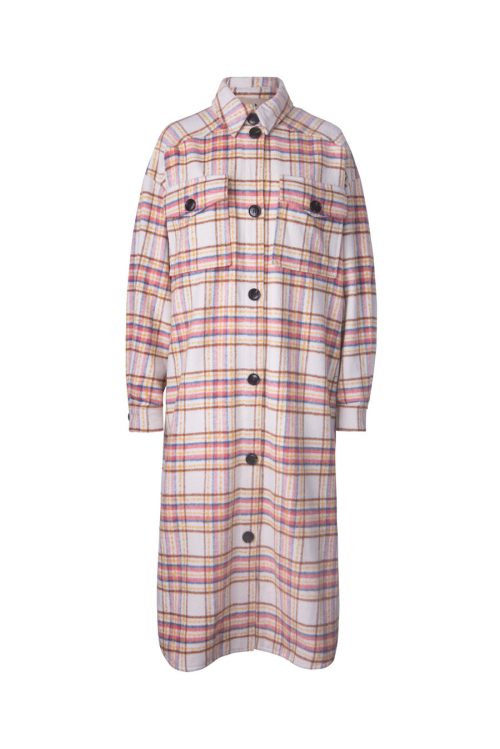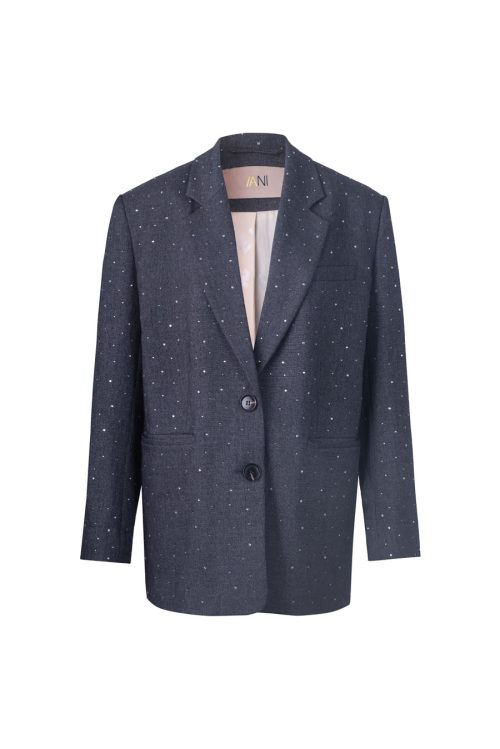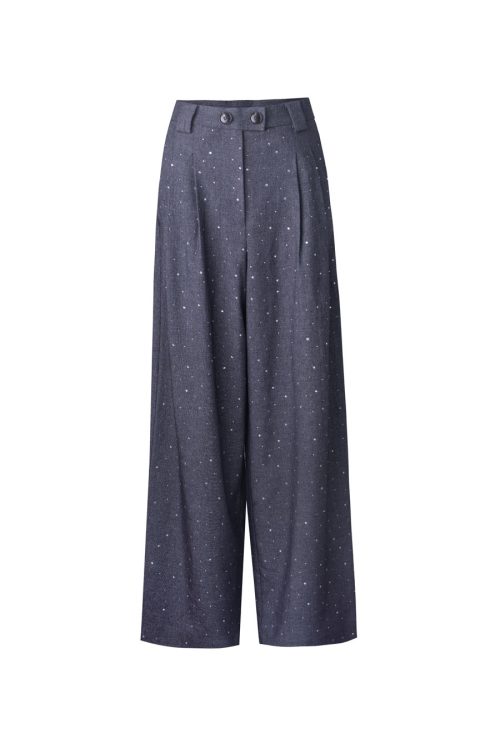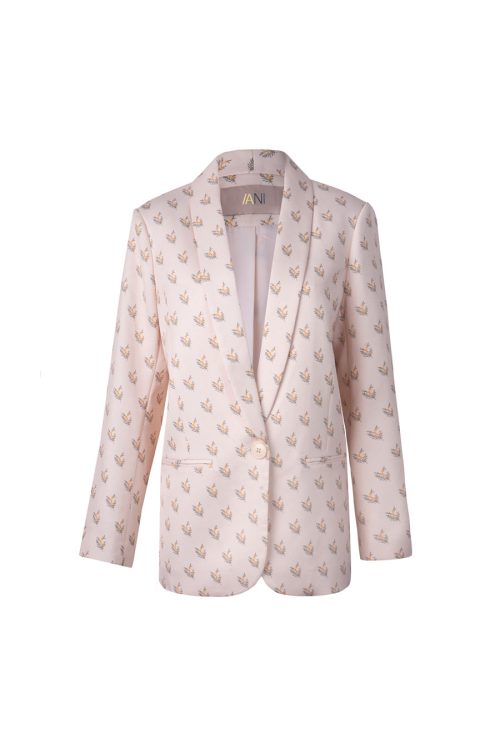
Introduction
In today’s fashion industry, custom clothing manufacturing has become a significant trend, catering to brands and businesses looking for unique, tailored products. Among the global players, China stands out as a leading destination for custom clothing production. This article delves into why China clothing manufacturers are preferred for custom clothes, exploring the advantages, processes, and how to find the right manufacturer.
Advantages of Choosing China for Custom Clothing
China has established itself as a powerhouse in the global textile and apparel industry. Here are some key advantages of choosing Chinese manufacturers for custom clothing:
Supply Chain Efficiency
One of the primary reasons brands opt for Chinese manufacturers is the country’s well-established and efficient supply chain. China has a robust network of suppliers, ensuring that all necessary materials and components are readily available. This efficiency minimizes production delays and ensures timely delivery of finished products.
Cost-Effective Solutions
Manufacturing in China is often more cost-effective compared to other regions. The lower cost of labor, coupled with advanced manufacturing technologies, allows Chinese factories to offer competitive pricing without compromising on quality. This cost advantage is particularly beneficial for startups and small businesses looking to enter the market with custom clothing.
High-Quality Standards
Chinese manufacturers have made significant strides in improving quality standards. Many factories adhere to international quality certifications and standards, ensuring that the products meet global expectations. This commitment to quality has made China a reliable source for high-end custom clothing.
Skilled Workforce
China’s workforce is known for its skill and expertise in garment production. The country’s long history in textile manufacturing has resulted in a highly skilled labor force capable of producing intricate and high-quality garments. This expertise is particularly important for custom clothing, where attention to detail is crucial.
Understanding the Custom Clothing Manufacturing Process in China
The process of custom clothing manufacturing in China involves several stages, each critical to ensuring the final product meets the client’s specifications.
Initial Consultation and Design
The journey begins with an initial consultation between the client and the manufacturer. During this stage, the client shares their vision, design ideas, and specific requirements. The manufacturer provides input on feasibility, materials, and potential modifications to optimize the design.
Material Sourcing and Selection
Once the design is finalized, the next step is sourcing and selecting materials. China boasts a vast array of textile options, from basic fabrics to luxurious materials. The manufacturer sources high-quality materials that match the client’s specifications, ensuring the desired look and feel of the finished product.
Prototyping and Sampling
Before mass production, a prototype or sample is created. This step is crucial for identifying any potential issues and making necessary adjustments. The client reviews the sample, providing feedback for refinements. This iterative process continues until the sample meets the client’s expectations.
Mass Production and Quality Control
After approval of the prototype, mass production begins. Chinese factories are equipped with advanced machinery and technologies to handle large-scale production efficiently. Throughout this phase, stringent quality control measures are implemented to ensure consistency and adherence to the agreed-upon standards.
Types of Custom Clothing Available
Chinese manufacturers offer a wide range of custom clothing options, catering to various styles and preferences. Here are some popular categories:
Custom Skirts
Whether it’s a casual summer skirt or an elegant evening piece, Chinese manufacturers can create custom skirts tailored to specific designs and measurements. Clients can choose from different fabrics, lengths, and embellishments to create unique pieces.
Custom Blouses
From classic office wear to trendy tops, custom blouses are a staple in many wardrobes. Chinese factories can produce blouses in various styles, including button-downs, wrap tops, and peasant blouses, all customized to fit the client’s vision.
Custom Jackets
Custom jackets are another popular product, offering versatility in design and function. Manufacturers can create everything from lightweight denim jackets to heavy-duty winter coats, ensuring high quality and durability.
Custom Pants
Custom pants, including trousers, jeans, and leggings, are produced with precise measurements and design specifications. Clients can select from various fits, styles, and materials to create pants that cater to their target market.
How to Choose the Right Manufacturer in China
Selecting the right manufacturer is crucial for a successful custom clothing venture. Here are some tips to help you make the right choice:
Research and Reviews
Start by researching potential manufacturers online. Look for reviews and testimonials from previous clients to gauge their reputation and reliability. Websites like Alibaba and Global Sources provide detailed profiles and customer feedback for numerous Chinese factories.
Factory Visits and Audits
Whenever possible, visit the factory in person. This allows you to assess their facilities, production capabilities, and quality control processes. If a visit is not feasible, consider hiring a third-party audit service to conduct an inspection on your behalf.
Negotiating Terms and Conditions
Once you’ve shortlisted potential manufacturers, negotiate the terms and conditions of your contract. Discuss pricing, payment terms, production timelines, and quality standards. Clear communication and mutual agreement on these terms are essential for a smooth partnership.
Case Studies: Success Stories of Custom Clothing from China
Example 1: A Global Fashion Brand
A well-known fashion brand partnered with a Chinese manufacturer to produce a line of custom jackets. The manufacturer provided high-quality materials, efficient production, and timely delivery, helping the brand achieve commercial success and positive market feedback.
Example 2: A Boutique Clothing Line
A boutique clothing line sought unique, high-quality custom blouses for their collection. They collaborated with a Chinese factory that specialized in intricate designs and premium fabrics. The successful partnership resulted in a best-selling product line and strengthened the boutique’s brand reputation.
FAQs about Custom Clothing Manufacturing in China
How long does it take to produce custom clothing in China? The production timeline varies based on the complexity of the design and order quantity. Typically, it ranges from a few weeks to a few months.
What is the minimum order quantity (MOQ) for custom clothing in China? MOQs differ among manufacturers but generally range from 100 to 500 pieces per design.
Are Chinese manufacturers reliable for high-quality custom clothing? Yes, many Chinese manufacturers adhere to international quality standards and have a proven track record of producing high-quality garments.
Can I visit the factory before placing an order? Yes, visiting the factory is recommended to assess their capabilities and quality control processes.
What are the payment terms for custom clothing orders? Payment terms vary, but common practices include a deposit upfront and the balance upon completion or before shipping.
How do I ensure my custom clothing designs are not copied? Sign a Non-Disclosure Agreement (NDA) with the manufacturer and ensure they have a reputation for protecting client designs.
Conclusion
Choosing China for custom clothing manufacturing offers numerous advantages, from cost-effectiveness to high-quality production. By understanding the process and selecting the right manufacturer, brands can create unique, tailor-made garments that stand out in the market. Whether you’re a global fashion brand or a boutique clothing line, partnering with a Chinese manufacturer can be a strategic move to achieve your business goals.




